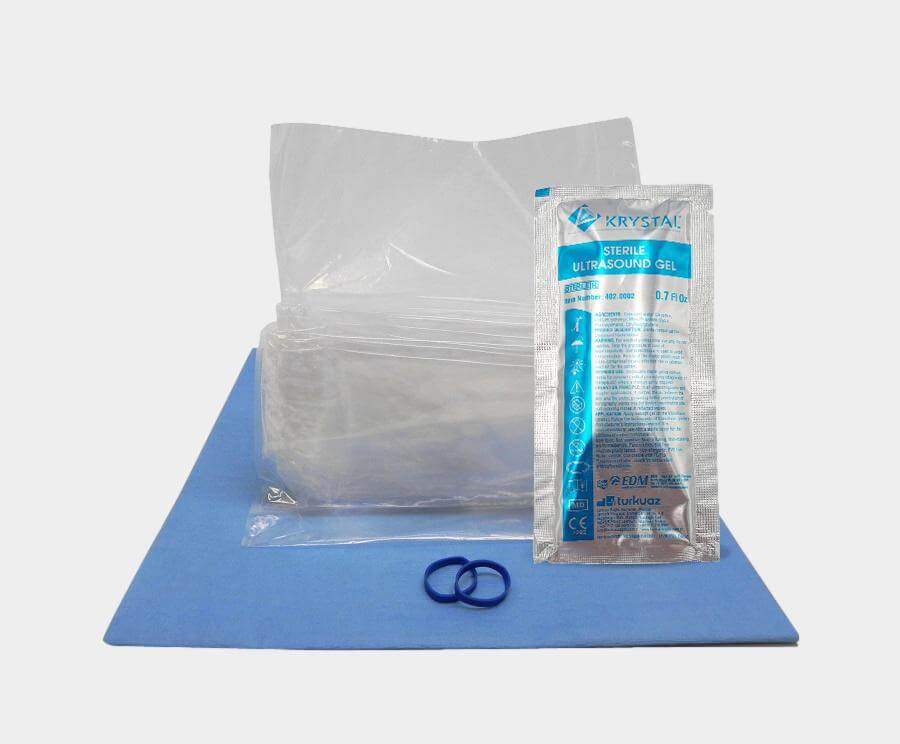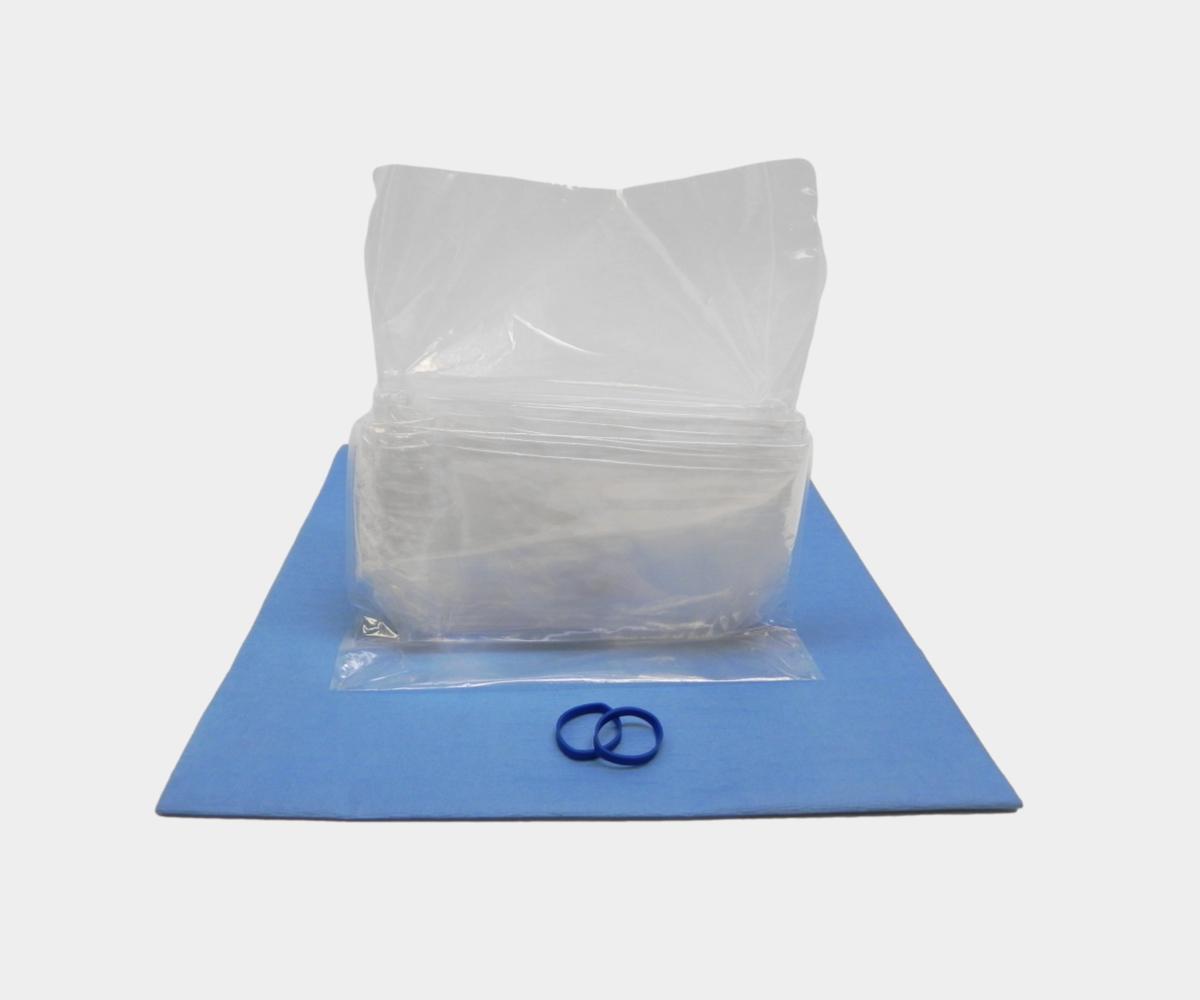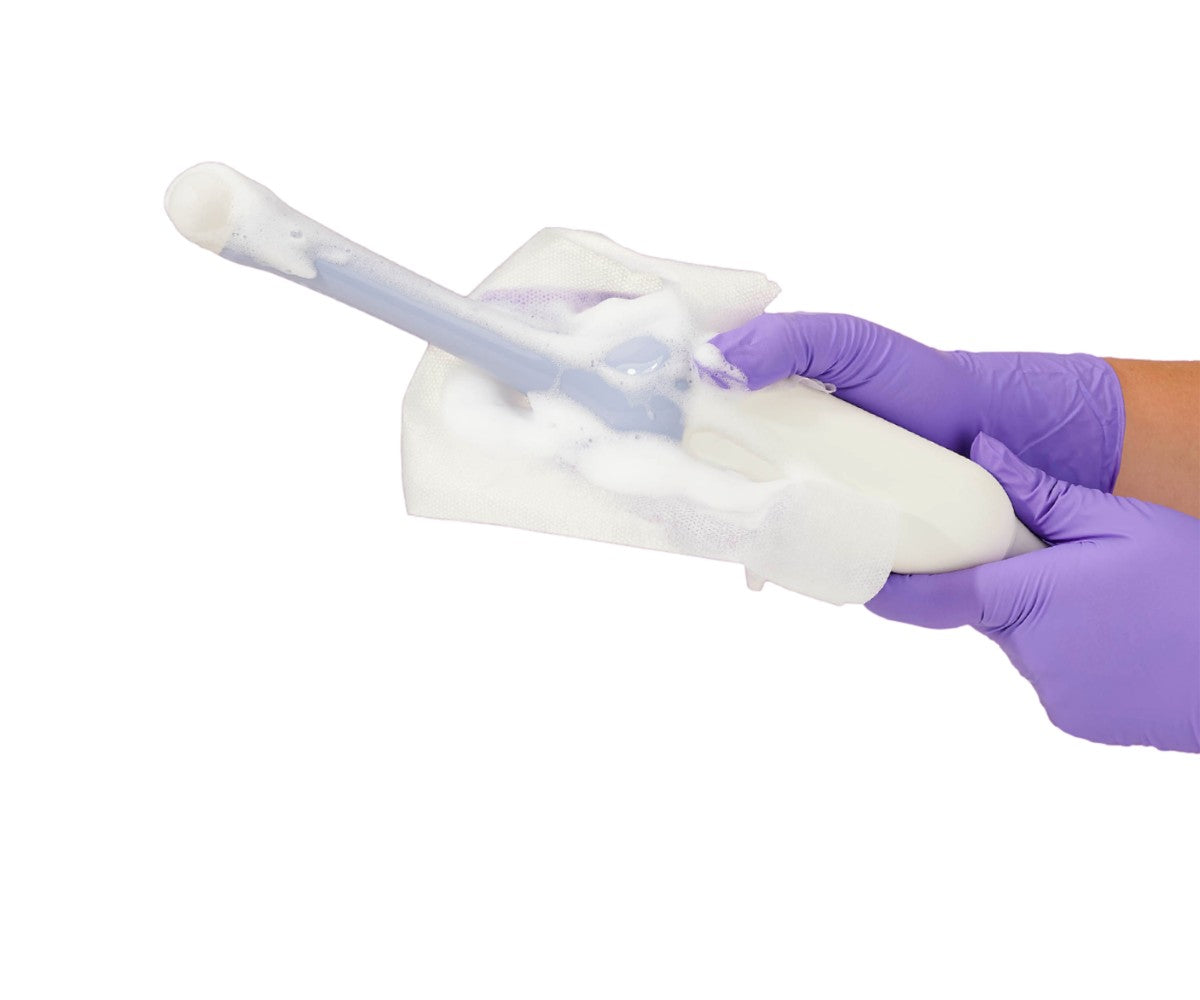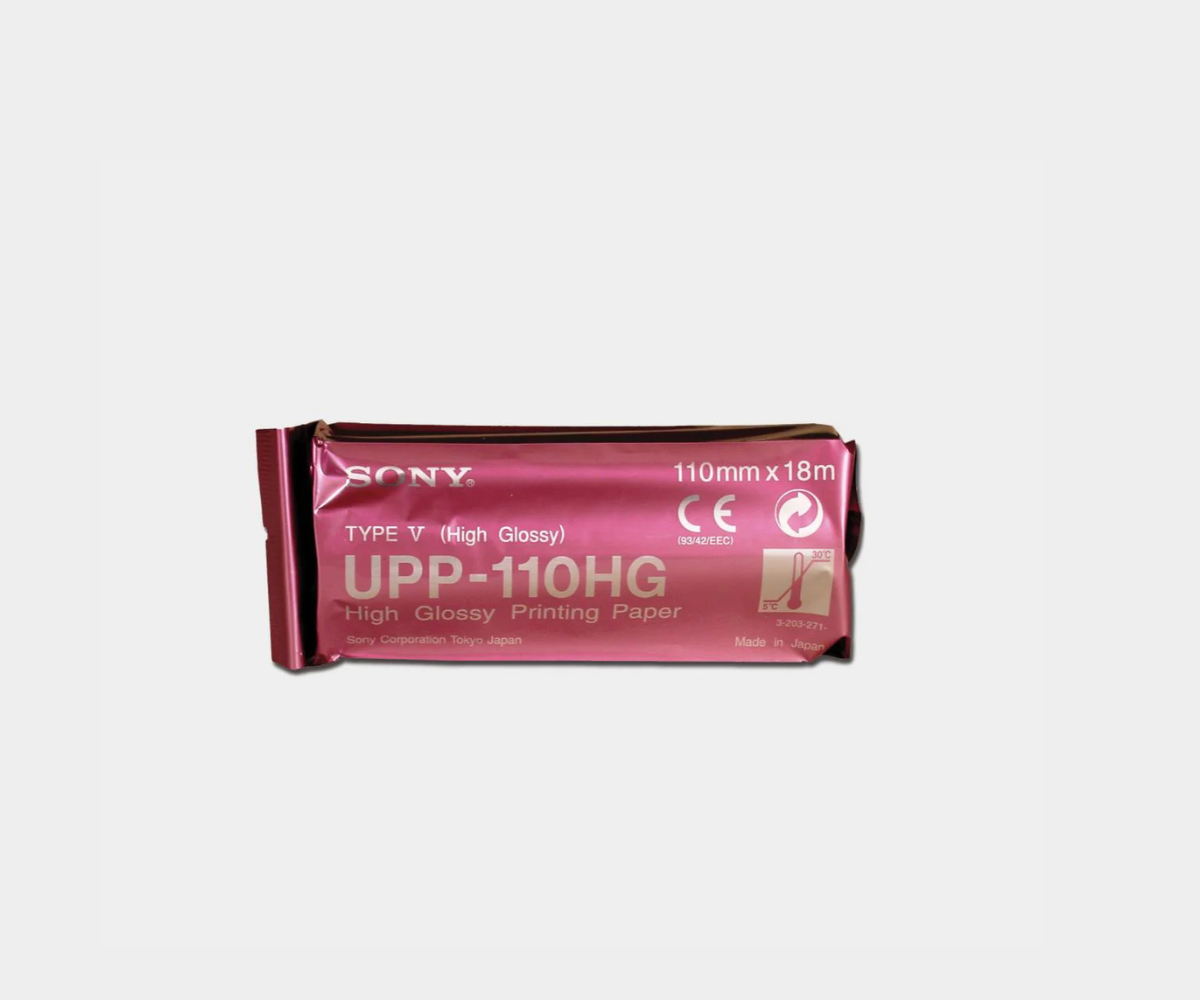The United States discharges more than one million sepsis survivors each year from acute-care hospitals. Even though the majority of sepsis survivors receive post-acute care (PAC) services, these patients account for a majority of readmissions across the country. To reduce these poor results, effective interventions must be implemented.
A recent study conducted nationwide from the Center for Home Care Policy & Research at the Visiting Nurse Service of New York, in conjunction with the University of Pennsylvania School of Nursing (Penn Nursing), revealed that the use of early home health nursing alongside at least one outpatient physician visit during the first week after hospital discharge reduced the risk of 30-day hospital readmission for sepsis patients by seven percentage points. Researchers concluded that this combination of home nursing visits and early physician follow-ups makes it easier to formulate a coordinated care plan and early surveillance for new or recurrent issues.
"Our findings support integrated care management, including scheduling physician follow-up before discharge rather than recommending that patients schedule their own follow-up, as well as a clear communication that this is a sepsis survivor so HHC can activate early attention," said Kathryn Bowles, PhD, FAAN, FACMI, van Ameringen Chair in Nursing Excellence, and the study's co-principal investigator. "If translated nationally, this operational strategy could complement national and state initiatives to improve the acute and PAC outcomes of sepsis survivors." "Our study revealed much room for improvement as only 28.1% of sepsis survivors transitioned to HHC received this intervention."
The investigators’ findings were published in the August issue of Medical Care in an article entitled “Does Early Follow-Up Improve the Outcomes of Sepsis Survivors Discharged to Home Health Care?" The study was supported by the National Institute of Nursing Research of the National Institutes of Health under Award Number R01NR016014. Co-authors of the study include Partha Deb, PhD and Hoda Nouri Khajavi, MS, both of Hunter College, City University of New York; Christopher M. Murtaugh, PhD (Principal Investigator), Yolanda Barrón, MS and Penny H. Feldman, PhD; Mark E. Mikkelsen, MD, MSCE, Perelman School of Medicine; and Stanley Moore, BS.
It is vital for healthcare facilities of all sizes to have strict hygiene and disinfection protocols in place. The CDC offers guidelines on how medical practices can reduce the risk of healthcare-acquired infections, such as sepsis. EDM offers an assortment of disinfection products designed to kill HAIs and improve the safety of patients and medical staff.







